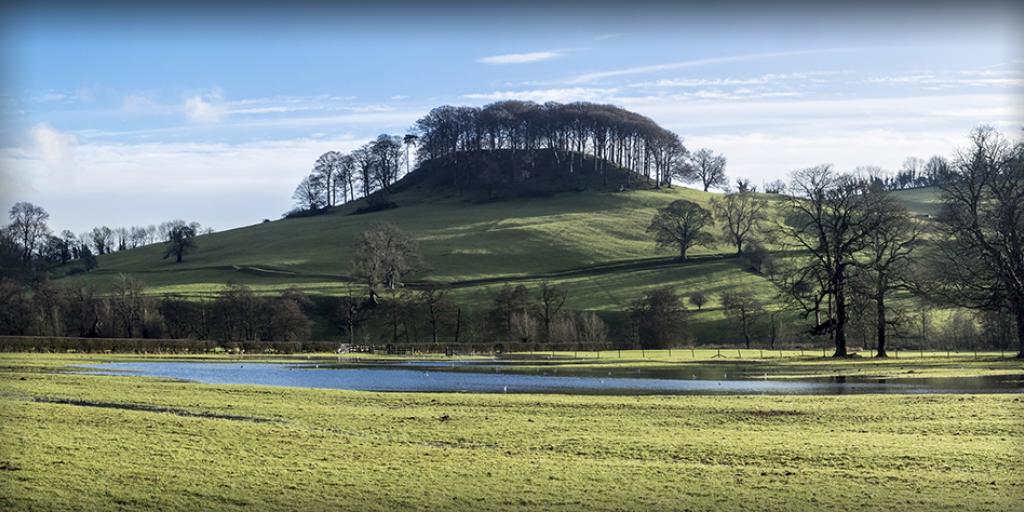
The Need for Common Sense
Would you build your own house in a flood zone on ground below sea level? Most would not do this and if they did, they would lack common sense. How about a city? Does it make sense to build and perpetuate a metropolitan area on land below sea level? The question might be—can it be done? Obviously, under optimum conditions it may be done and maintained if massive funding is available. Even then, there is no guarantee that natural forces will not overwhelm man-made systems.
How about the usage of seaports? Is it wise to concentrate supplies of vital products in one area, especially if the area is prone to major weather-related problems? As a nation, we are greatly dependent upon crude oil and its refined products. How wise is it to concentrate a major portion of our facilities for importing and refining this vital product in one area? Would this be wise even if the potential weather problems did not exist?
Concerning any products that are vital for our national well-being, would it not be wise to geographically diversify our facilities? That is, make sure we have a number of geographic options for importing, processing, manufacturing, distribution, etc. We are familiar with the cliché, "don't put all your eggs in one basket," meaning, if you drop the basket you may lose everything. As a nation, are we guilty of putting all or most of our eggs in one basket? And is this true especially where key supplies of energy are concerned? Sadly, the answer is yes. And you don't have to be a rocket scientist to predict the numerous potential problems. However, some might still argue that there are valuable synergistic cost-effective reasons for putting everything in one basket. This may be true for a time, but when the basket does fall, what will the ultimate cost be?
As a nation, why do we fail to use common sense so much of the time? We fail because greed, selfishness, political correctness and other negative aspects of human nature get in the way. You could define common sense as: doing what is best for all concerned, all the time. This is certainly not the case now. Will it ever be? Again, the answer is, yes!
The sure word of God proclaims that the day is coming when "the earth will be full of the knowledge of God as the waters cover the sea" (Isaiah 11:9). When this occurs, the current human tendency of greed and self-interest will be changed. Then, the godly principle of loving your neighbor as yourself will become the norm.
The Bible is the foundation of all true knowledge, understanding and wisdom. This is illustrated by Psalm 111:10 which states: "The fear of the Lord is the beginning of wisdom; a good understanding have all they those who do His Commandments." Yes, proper reverence and respect for God and His written word equips us with what could be termed true common sense.
Today, true common sense is not common at all. It is a rare commodity, because all too often, common sense has been sacrificed on the altar of nonsense. This will change in the future and it will be a blessing for the nation and all mankind.
Please read the article, "The Great Unraveling," and see how you can know and prepare for difficult times ahead, with sense that can only be gained by knowing the prophetic word of God!
Stay up to date with our Weekly Digest Email!
Tomorrow's World ComMentary Podcast
Subscribe to Tomorrow's World Commentary podcasts on iTunes and Google Play!



